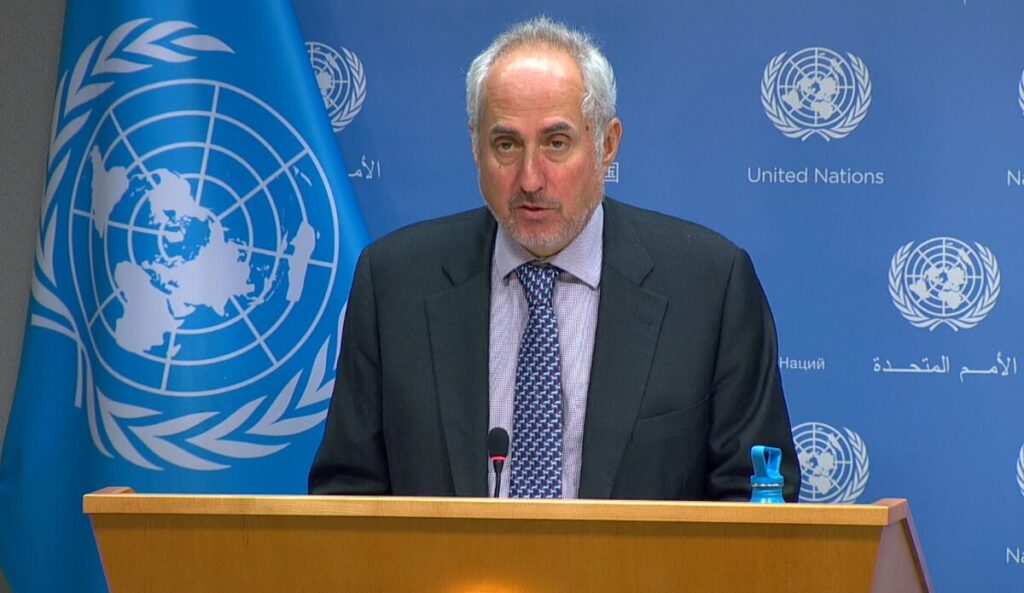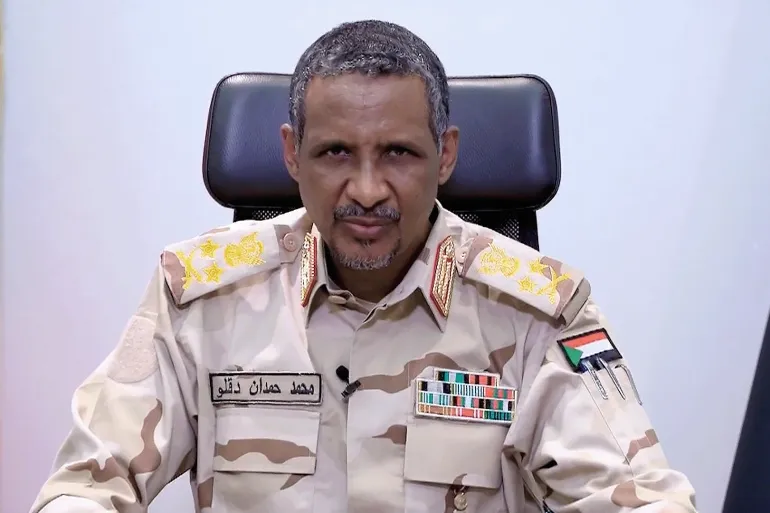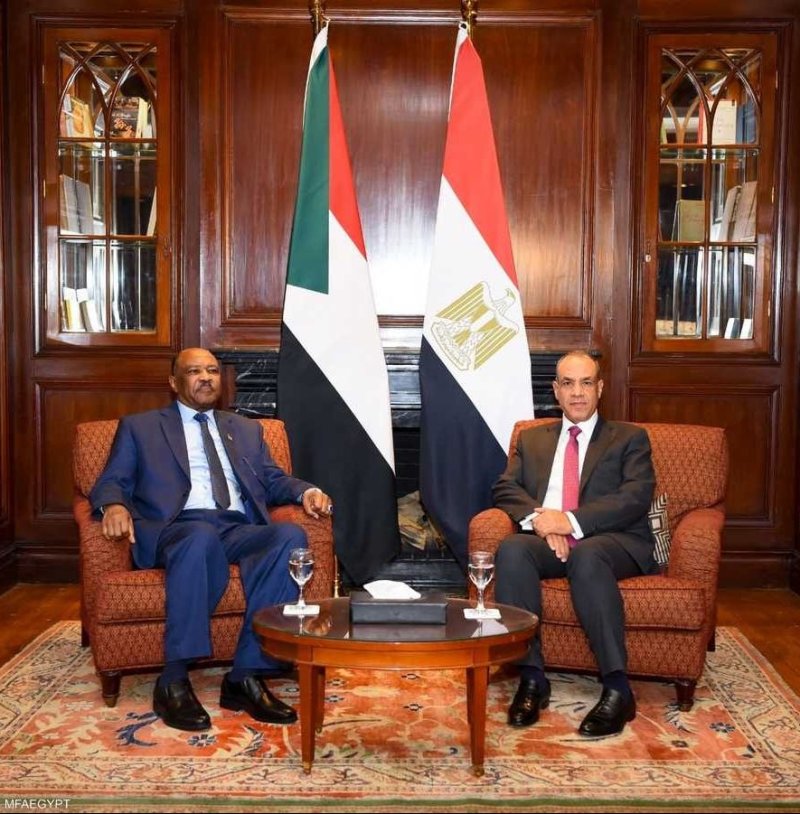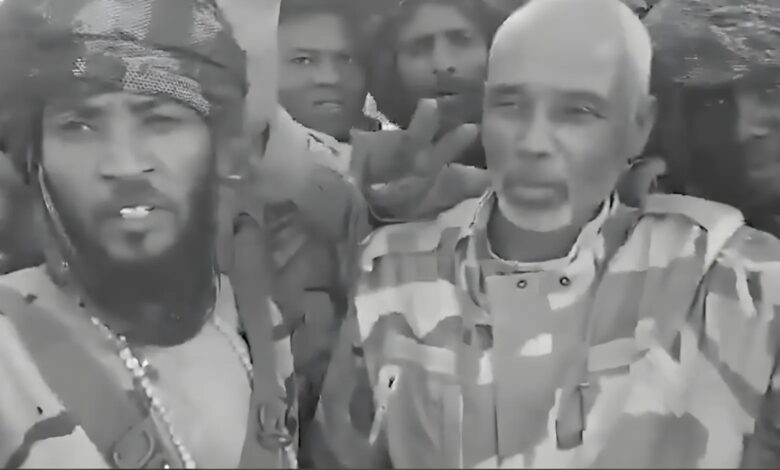
Sudanese people continue to use WhatsApp and other messaging apps despite new restrictions imposed by General Abdel Fattah al-Burhan’s Port Sudan junta. On Friday, July 25, Sudan’s Telecommunications and Postal Regulatory Authority (TPRA) blocked WhatsApp voice and video calls, citing national security concerns.
Authorities said the move was a precaution to protect the country’s “paramount interests” amid ongoing instability and will remain in place indefinitely. However, tech-savvy users are bypassing the ban using Virtual Private Networks (VPNs), which conceal IP addresses and enable access to restricted services.
This workaround reflects growing digital resistance in Sudan, where citizens often rely on encrypted apps to communicate safely in times of conflict. Sudan joins nations like the UAE, Qatar, Iran, and China in restricting WhatsApp’s calling features, often in favour of domestic alternatives.
WhatsApp, owned by Meta, remains one of the world’s most popular messaging platforms, offering end-to-end encryption for text, voice, and video. Yet its record is not without controversy: past breaches, including the 2019 Pegasus spyware scandal and a 2021 backlash over data-sharing policies, have raised alarm.
Many fear that authoritarian governments may pressure Meta to share user data, undermining digital privacy despite WhatsApp’s encryption claims. In Sudan, apps like Botim and Viber have surged in popularity as users seek reliable alternatives to communicate with family and friends.
As Burhan’s military-led junta tightens its grip on digital space, everyday Sudanese continue to push back—app by app, call by call.




